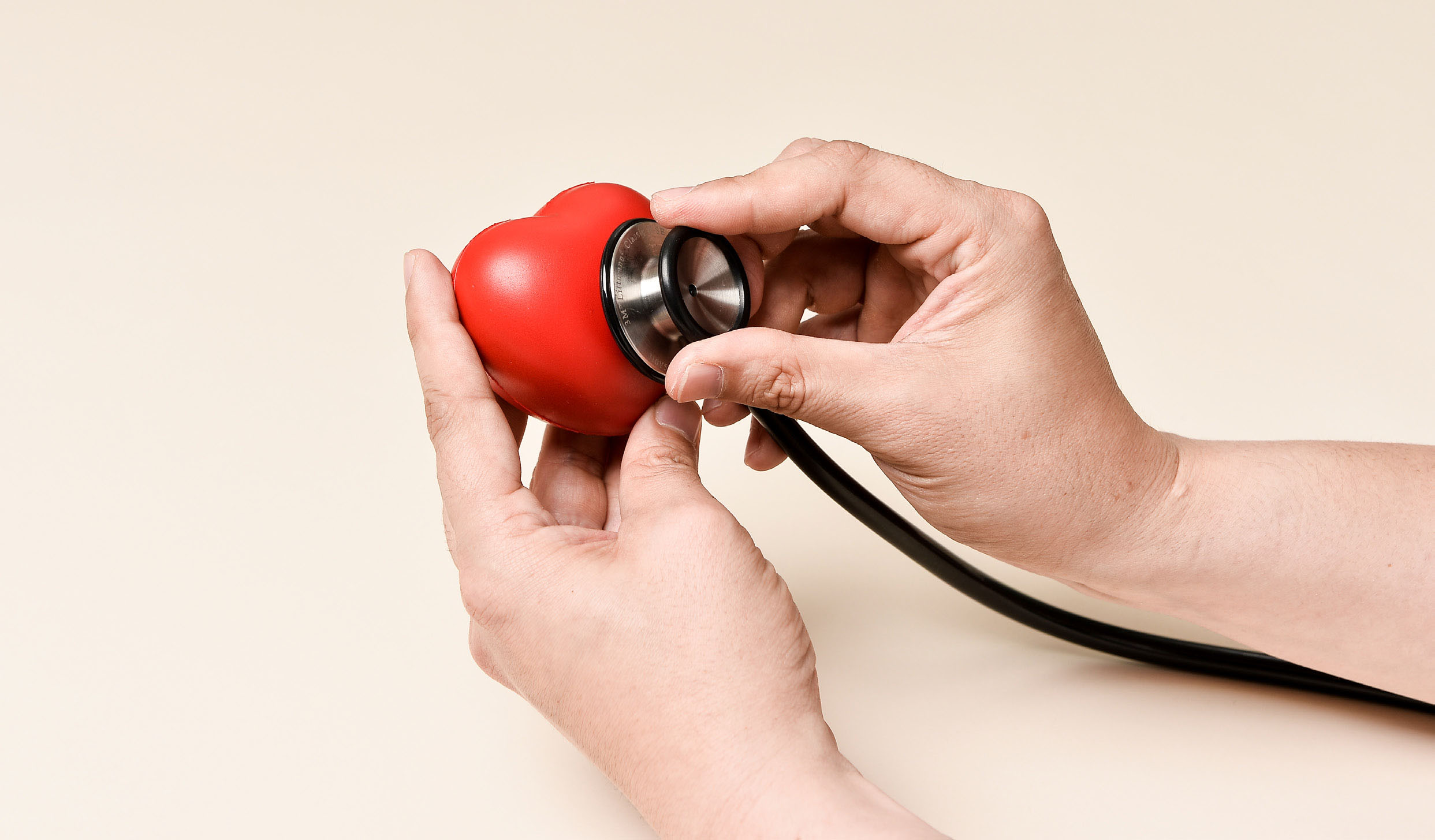We’re Getting BISI!

Workshop participants from various departments and schools formed multi-disciplinary teams at the workshop
Assoc Prof. David Halpern
CEO, Behavioural Insights Team
Dr Gayatri Kembhavi
Director, Centre for Evidence and Implementation
Assoc Prof Robyn Mildon
Executive Director, Centre for Evidence and Implementation
Mr Luke Ravenscroft
Director, Behavioural Insights Team
Dr Cheryl Seah
Director, Centre for Evidence and Implementation
Ms Jenn Ye
Education Division, Deanu2019s Office
Dr Joanne Yoong
Director, Center for Economic and Social Research, University of Southern California; Visiting Assoc Prof and CEO, Research for Impact, Singapore

Medicine, as taught and practised in medical schools, has long focused on addressing the biological causes and treatments for disease and bodily injury. Yet in many instances, even when medical science has the cure or solutions to a better quality of life through preventive care, translation into actual population health and well-being could fail. At NUS Medicine, we aim to change this through thoughtful application of both Behavioural insights (BI) and Implementation science (IS) at the newly established Centre for Behavioural and Implementation Sciences Interventions (BISI).
nYes, we are getting BISI!
Healthcare systems worldwide are concerned with keeping their populations physically, mentally and socially healthy in an effective and sustainable manner. Since 1950, the cost of new drug development has doubled every nine years. Medical expenditure has become dominated by expensive later life secondary care, rather than preventive treatment. Defensive medical practice and overtreatment have contributed to these rising costs. At the same time, as we transition to a world in which chronic conditions prevail over acute diseases, many years of healthy life are now lost as a result of preventable behavioural risk factors related to lifestyle, such as smoking, an unhealthy diet and a lack of exercise, as well as inappropriate care-seeking and delivery.
nSingapore is no exception. While Singaporeu2019s life expectancy has steadily increased (currently over 80 years), gains in healthy life expectancy have stalled. Singaporeu2019s health system has historically been regarded as highly efficient but driven in part by the pressures of an aging population, healthcare expenditure has quadrupled within ten years from S$2 billion in 2006 to S$8.5 billion in 2015, with an expected increase by at least another S$3 billion in the next three to five years. The level of transformative change that is needed to address these new challenges requires revisiting how we conceptualise healthcare, and how we design and implement interventions that are effective and sustainable for the long term.
nThe field of behavioural insights refers to an inductive approach that combines knowledge from psychology, cognitive science, and social science with empirically-tested results to understand such factors, and to design interventions that promote more optimal decision-making at the individual and societal level. For example, the National Steps Challenge incorporates small ongoing financial incentives and builds in lotteries and competitions to nudge individuals into undertaking more daily physical activity, improving their own well-being. At the level of the community, better design can help to guide more socially optimal choices. Singaporeu2019s organ donation programme uses an opt-out default (meaning that all individuals are automatically enrolled unless they decline), a policy that has been shown to greatly increase participation rates while preserving individual choice. At the systems level, tools that focus attention on critical key indicators such as visualisations of cost and quality data help to keep value-driven outcomes at the top of mind for doctors and administrators that may otherwise be invisible in day-to-day operations.
nChoice architecture alone, however, is not sufficient to ensure that such interventions lead to desirable outcomes in real-world settings. When evidence-based interventions developed within a controlled environment are implemented in real-world settings, several systemic factors impede their uptake. These include the lack of knowledge, skills and resources, competing demands on frontline providers, misalignment of research evidence with operational priorities and systemic constraints. For example, clinicians need to learn about the existence of an intervention and its potential benefits, how it fits patientsu2019 needs, make the decision to replace current practice, become well-trained in this intervention, adjust current routines or practices, use this new innovation effectively, and continue its use if it works as intended and if the need persists. Implementation science provides critical strategies (i.e. a set of planned and intentional activities) to promote the uptake of such interventions. At a systems level, these strategies apply to policymakers, practitioners and organisational leaders seeking to improve the integration of effective patient, professional and policy focused interventions (e.g. system change interventions, training, supervision, quality monitoring tools) into existing health systems and practices.
nFor example, an innovative health and development screening programme was initiated by the National University Hospital -Child Development Unit to improve health outcomes in preschool children from disadvantaged family backgrounds. A paediatric team provided screening and health checks within the community setting (with selected preschools) to improve reach and early intervention. However, the attendance rates of families at these screening sessions and subsequent treatments at tertiary institutions (e.g. the Early Intervention Programme for Infants and Children programme or dental care at Health Promotion Board) have been low. Applying implementation science frameworks, this community outreach programme will explore implementation barriers systematically, identify solutions and work with engagement teams to improve outcomes.
nTranslating evidence-based interventions into a real-world setting thus requires both behavioural and implementation science, working hand in hand to design interventions and ensure that they are disseminated effectively, implemented as intended and sustained as routine practice to improve the quality and delivery of healthcare services.
Figure 1.
Dynamic Sustainability Framework


Figure 2.
CFIR-Consolidated framework for implementation research.
In line with this vision, a workshop was conducted in December 2019 aimed at equipping staff members with skills to drive transformative changes in the School. The two-day workshop was led by Prof David Halpern, a leading expert on behavioural insights, and Prof Robyn Mildon, an internationally recognised leader in the field of implementation science.u00a0
nProf Halpern and Prof Mildon introduced the workshop participants to behavioural and implementation science concepts, including some well-recognised frameworks for both behavioural science (E.A.S.T.) and implementation science (Dynamic Sustainability, Figure 1, The Hexagon Tool, Active Implementation Framework (AIF) and CFIR-Consolidated framework for implementation research, Figure 2).
Prof Halpern and his team focused on identifying behaviours to target, understanding the barriers and enablers of the behaviours targeted, designing practical behavioural solutions and a feasible implementation plan.u00a0
nThe E.A.S.T framework (Figure 3) was highlighted as a tool for design i.e. to encourage a behaviour, make it Easy, Attractive, Social and Timely. Prof Mildon highlighted the importance of contextualising interventions to fit well with individuals (practitioners and beneficiaries), the practice context as well as the bigger ecological system in order to achieve positive outcomes (Figure 1 & 2). That includes enhancing staff capacities, organisational support, adequate funding and sustainability planning.

Figure 3.
EAST Framework


Workshop facilitators from the Centre for Evidence and Implementation (CEI) and Behavioural Insights Team (BIT) engaging with participants and generating ideas for implementable solutions.
Participants were introduced to the concepts and need for both behavioural and implementation science to work hand-in-hand in order to drive effective change. In teams, participants then focused on a real-world problem they face regularly in their area of work. Participants were guided by workshop facilitators to apply the concepts of behavioural and implementation science for their chosen u2018problemu2019. Through this interactive approach of simulated application, participants were able to synthesise learning and collaborate inter-professionally within multi-disciplinary teams. Teams considered other factors (e.g. context, patientsu2019 needs, presence of an enabling environment, practitionersu2019 capacity, stakeholder engagement) when designing, implementing, and evaluating an intervention.
nParticipants gained a deep appreciation of the interaction between behavioural and implementation science when applied to issues of lifestyle management, home-based delivery of healthcare services, medication compliance and elderly care.
nThis introductory staff workshop forms the foundation for future courses under development for undergraduate medical students and systems level intervention projects in the hospitals. Planning is underway for a series of workshops for medical students from Phase I through Phase IV, including the opportunity for students to work with a team from the NUHS cluster to provide guidance and mentorship for behavioural and implementation science (BIS) projects.
nThe School envisions that as more professionals are equipped with a sound understanding of BIS, we are better positioned to drive transformative changes that will see improvements to healthcare and patient outcomes in a manner that is effective and sustainable for the long term.
